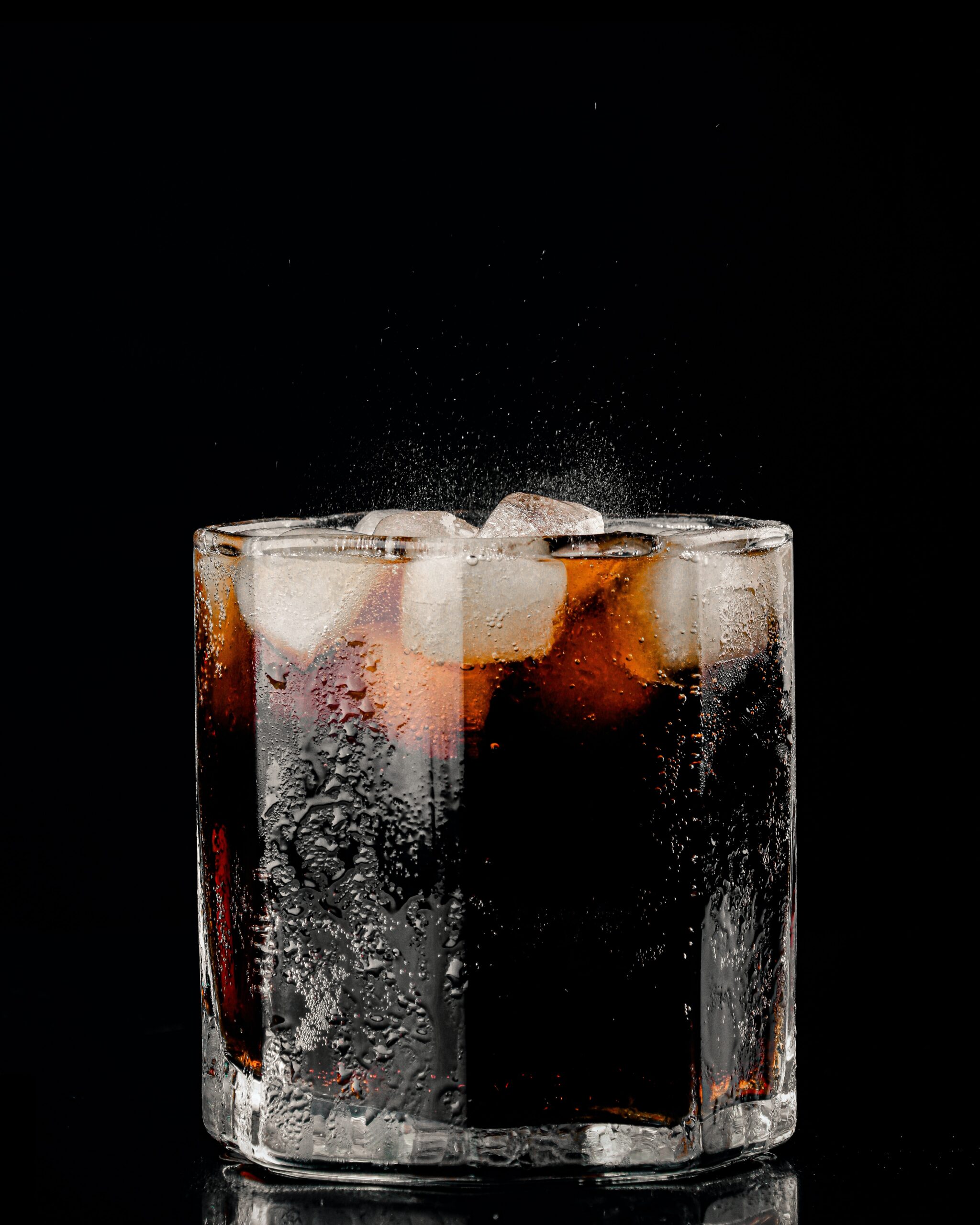You may have heard that diet drinks are not the healthiest option, but recent findings highlight just how concerning they can be.
Originally introduced in the 1960s as a means to aid weight loss, artificially sweetened sodas have faced growing scrutiny over the years. Studies emerged showing that individuals who consumed diet drinks did not experience weight loss benefits as expected. On the contrary, research revealed that those who consumed diet beverages were more likely to gain weight compared to those who didn’t.
The mounting evidence against diet soda now includes a study published in the journal Stroke, which specifically examined the risk of stroke. Researchers studied over 81,000 women as part of the Women’s Health Initiative, a large, population-based study. The results showed that women who consumed more diet drinks faced a higher risk of stroke and heart disease, as well as an increased likelihood of early mortality from any cause.
Following nearly 12 years of follow-up, the study found that women who consumed two or more artificially sweetened drinks per day (either soda or juice) had a 23 percent higher risk of experiencing any type of stroke. Additionally, they faced a 31 percent higher risk of clotting in the blood vessels of the brain, a condition that can contribute to dementia risk, particularly when affecting the smaller blood vessels in the brain.
Given these concerning findings, it is prudent to avoid both sugary and artificially sweetened drinks. Instead, opt for healthier alternatives like cool glasses of water infused with the refreshing flavors of lemon, lime, or cucumber. By making simple adjustments to our beverage choices, we can take proactive steps towards safeguarding our health and reducing the risk of adverse health outcomes.

